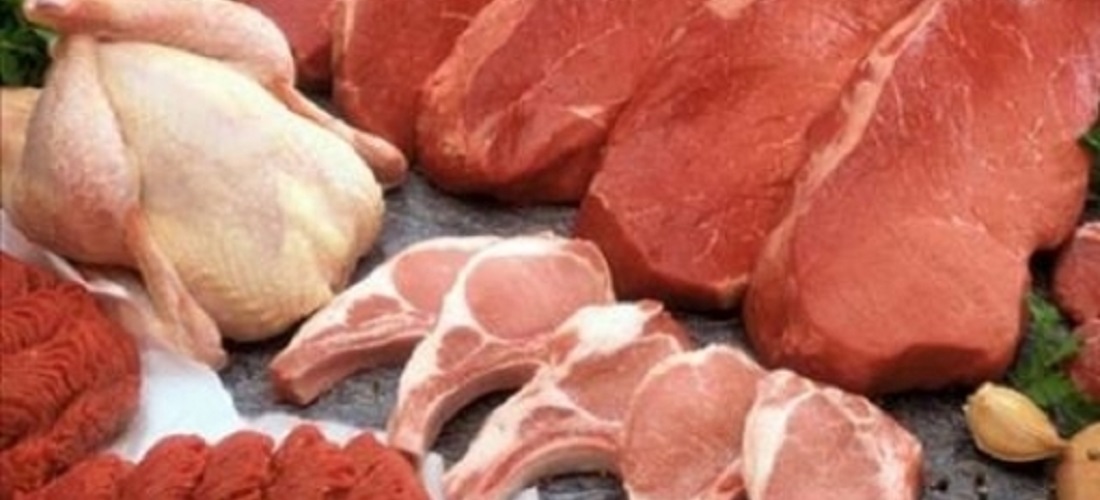
Brazilian meat exporters find trouble shipping products to Shanghai
Apr, 22, 2022 Posted by Gabriel MalheirosWeek 202217
On April 20, the Brazilian Animal Protein Association (ABPA) stated that its member companies face difficulties shipping Brazilian meat cuts to China via the Port of Shanghai.
According to the organization, which represents large pork and chicken meatpackers such as JBS and BRF, many products sent to China are redirected to other ports, such as Yantian.
“There are no reports of ongoing sale suspensions,” reemphasized the agency in a note, referring to rumors of potential contract cancellations. “At the same time, ABPA member companies expect the situation in Shanghai to return to normal soon.”
Following the onset of the Covid-19 outbreak in March, which affected 25 million Shanghai residents, strict lockdown measures impeded business and the transportation of commodities.
After the lockout was established, the number of frozen food containers began to retreat, causing inbound meat inspections to be disrupted.
See below the track record of Brazilian exports of chicken, pork and beef to China from January 2021 to February 2022. The data are from DataLiner.
Export of chicken (HS 0207), pork (HS 0203), and beef (HS 0202) to China | Jan 2021 – Feb 2022 | WTMT
Source: DataLiner (click here to request a demo)
Shanghai is the main entry point for Brazilian meat imports to mainland China, Brazil’s leading trading partner.
Last week, Reuters reported that at least one shipowner had stopped shipping Brazilian beef to Shanghai, offering customers the alternative of shipping cargo to Xingang and Ningbo.
Source: Money Times
To read the full original article, please go to:
-
Oct, 16, 2020
0
Argentina’s apple exports to Brazil up 120%
-
Ports and Terminals
May, 09, 2022
0
Antaq approves the leasing documentation for an area of the Port of Paranaguá
-
Grains
Dec, 23, 2022
0
Argentine government extends corn exports for six months
-
Ports and Terminals
Dec, 17, 2021
0
Itaqui port grows at 27% rate from January to October



